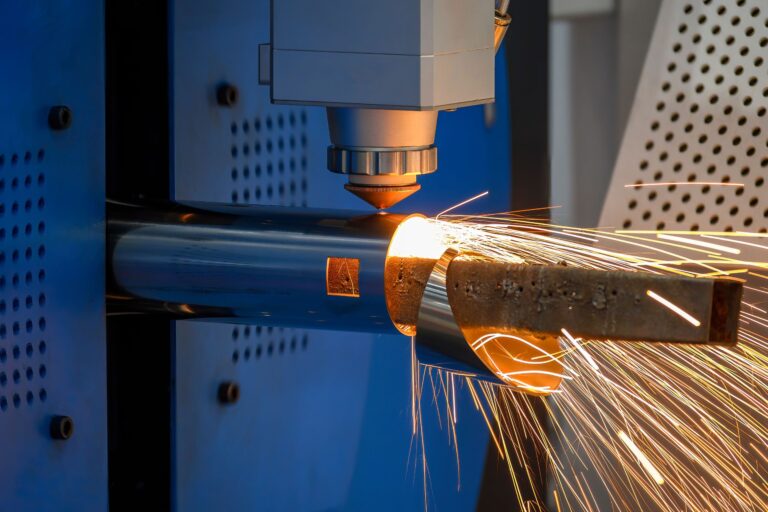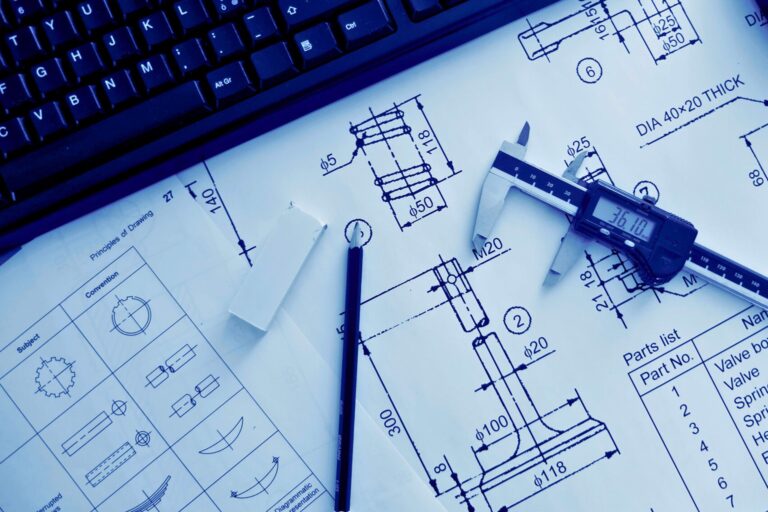In today’s highly competitive industrial landscape, engineering services play a pivotal role in the design and development of products. From concept generation to the final production stages, engineering expertise is essential to ensure that products meet functional requirements, are cost-efficient, and can be produced at scale. In industries such as manufacturing, construction, and heavy equipment, engineering services are the backbone that supports innovation, efficiency, and quality.
The Foundation of Innovation
At the core of every innovative product is solid engineering. Engineering services are crucial during the conceptual design phase, where ideas are transformed into workable prototypes. Engineers work closely with product designers to ensure that creative ideas are not only innovative but also technically feasible. They conduct feasibility studies, perform simulations, and use advanced tools such as computer-aided design (CAD) software to create detailed models of the product.
By applying their knowledge of materials, mechanics, and manufacturing processes, engineers can predict potential challenges early in the design phase. This proactive approach helps avoid costly mistakes and ensures that the product can be brought to market efficiently.
Optimization for Manufacturability
A brilliant design is only valuable if it can be produced efficiently and cost-effectively. Engineering services play a critical role in optimizing product designs for manufacturability. Engineers assess how a product will be made, considering the limitations of manufacturing processes, the materials involved, and the costs associated with production. This process, often referred to as Design for Manufacturing (DFM), is essential to ensure that the product can be scaled up for mass production without compromising quality.
For example, engineers might suggest changes in the material composition or alterations in the design to simplify assembly, reduce waste, or minimize the number of manufacturing steps. This ensures that the final product not only meets performance requirements but also remains economically viable for the company.
Efficiency Through Prototyping and Testing
One of the most critical roles of engineering services is in prototyping and testing. Once the initial design is complete, engineers create prototypes to test how the product performs in real-world conditions. These prototypes are subjected to rigorous testing, often simulating the stresses and strains that the product will face in everyday use. This allows engineers to identify weaknesses, make necessary adjustments, and refine the product before it moves into full production.
Testing is especially important in industries like heavy equipment, where components must withstand extreme conditions. Engineering services ensure that products meet industry standards for safety and durability, reducing the risk of failure once the product is on the market.
Sustainability and Resource Efficiency
As global industries shift towards more sustainable practices, engineering services are also at the forefront of integrating sustainability into product design and development. Engineers work to create products that use fewer resources, generate less waste, and have a smaller environmental footprint. This could involve optimizing energy consumption during the product’s use, selecting environmentally friendly materials, or designing the product for disassembly and recycling.
In addition, engineering services can contribute to reducing the lifecycle costs of a product by enhancing its durability and reparability, ensuring that it remains functional for longer periods and reducing the need for frequent replacements.
Ensuring Regulatory Compliance
In highly regulated industries such as aerospace, automotive, and medical devices, products must adhere to strict regulatory standards. Engineering services are essential in ensuring that designs comply with these regulations, from safety standards to environmental guidelines. Engineers stay informed about evolving regulatory requirements and integrate these into the design and development process.
For instance, they might ensure that a product meets the ISO or CE certification standards, or adheres to local safety regulations. Compliance is crucial not only to ensure that the product is safe for use but also to prevent costly delays during production and distribution caused by regulatory non-compliance.
Collaboration Across Disciplines
Engineering services don’t operate in isolation. Successful product development requires cross-functional collaboration between various departments, including design, marketing, production, and supply chain. Engineers act as a bridge between these functions, ensuring that the technical aspects of the product align with market demands, customer preferences, and manufacturing capabilities.
For example, while a marketing team might focus on features that appeal to customers, engineers ensure that those features are technically feasible and can be implemented cost-effectively. This collaborative approach helps to bring products to market that are not only innovative but also meet customer expectations and business objectives.
Continuous Improvement Through Engineering
Finally, engineering services play a key role in continuous improvement. Once a product is launched, engineers continue to monitor its performance, collecting data and feedback from real-world usage. This information is used to refine and improve future iterations of the product. Whether it’s through making incremental improvements to enhance durability or implementing customer feedback into new designs, engineering services ensure that products evolve to meet changing market needs.
Conclusion
The role of engineering services in product design and development is multifaceted and indispensable. From the initial concept to the final product, engineers ensure that designs are functional, manufacturable, sustainable, and compliant with regulations. At SL Industries Ltd., we collaborate closely with our engineering partners to stay at the forefront of product innovation, ensuring that the solutions we offer our clients are of the highest quality and ready to meet the challenges of the modern industrial landscape.
As industries continue to evolve, the importance of engineering services in driving innovation and ensuring product quality will only grow. By integrating these services into every stage of product development, companies can stay competitive, create more efficient products, and contribute to a sustainable future.






